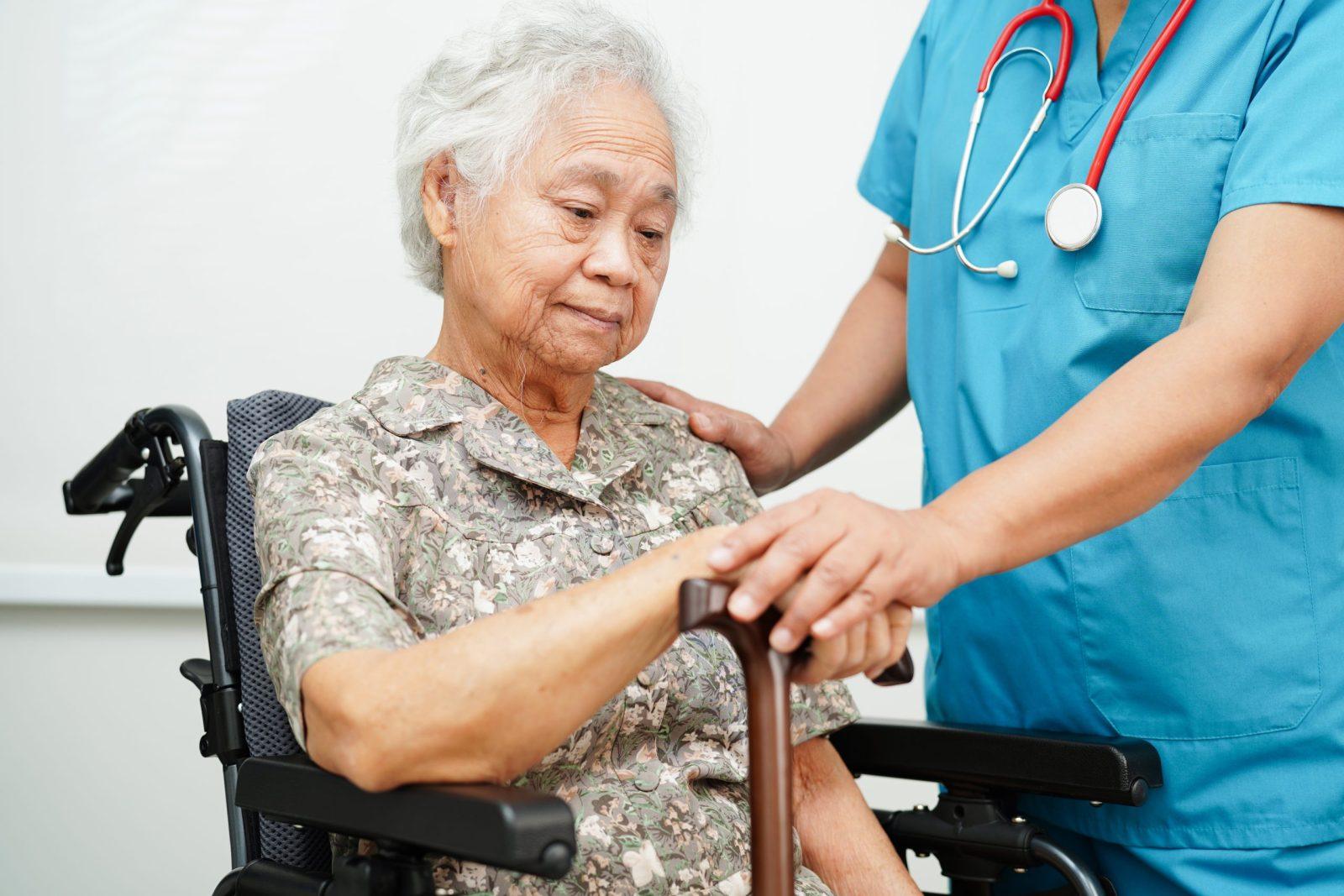Understanding Middle-Stage Dementia Training

The following course will educate healthcare providers (HCP) on the cognitive, behavioral, and functional manifestations of middle-stage dementia. Additionally, this course contains nonpharmacologic suggestions to manage the symptoms of middle-stage dementia. Lastly, this course addresses the numerous safety concerns that arise during middle-stage dementia. What You Will Learn: The clinical manifestations of middle-stage dementia The […]
Recognizing the Role of Diversity in Dementia Care Training

This course is designed to educate healthcare providers (HCP) on the issues of racial and ethnic diversity as they pertain to dementia. Additionally, this course examines sex, ethnicity, and race and how they may influence the risk and incidence of dementia. Other diverse populations that are covered in this course include LGBT individuals and rural […]
Understanding Early Stage Dementia

The following course is designed to educate healthcare providers on the issues most frequently seen during early stage dementia. It is important to acknowledge that not all types of cognitive impairment will show the same symptoms during the early stage. This course identifies the differences between various forms of dementia in their early manifestations. Currently, […]
Emergency Relief Fund for Wildfires in Hawaii

Wildfires in Hawaii on the island of Maui, driven by strong winds from an. offshore hurricanes, continue to damage the Hawaiian landscape and disrupt the lives of everyone on the island. Dozens of lives have been lost and even more have been injured. Hundreds of buildings and businesses were destroyed as a result of the […]
Hospitals Disrupted by Cyberattack

A California-based healthcare provider was the target of a cyberattack that led to hospital closures and redirected ambulance services in various states. The attack occurred at the Prospect Medical Holdings in L.A., which provides services for states such as Pennsylvania and Texas. They are now investigating the breach to determine how it occurred and how […]
Understanding and Addressing Racial Trauma in Behavioral Health

The following course is intended to educate behavioral healthcare professionals on the impact of racial trauma and how to address it with patients. Local and international events in 2020 sparked a national reckoning with racism’s effects on the health and well-being of people of color in the United States (US). Over the past three years, […]
Self-Care Guide for the Paraprofessional

This course addresses the signs of suffering during a tragedy, how to use proper self-care techniques to combat stress and compassion fatigue, and other related topics. Along with resources for more information and help, it suggests methods to deal with challenges and build resilience. Long shifts, competing obligations, and seeing or hearing about challenging patient […]
Boundary Risks for Behavioral Health Paraprofessionals Training

The following course will educate healthcare providers on the various boundary risks that could happen in a behavioral healthcare setting. In therapeutic settings, the doctor-patient relationship is based on the principles of beneficence, autonomy, nonmaleficence, and compassion as well as fiduciary partnership. Also, there are several elements that can contribute to boundary risks leading to […]
Assessment and Treatment of Depressive Disorders in Children and Adolescents

Depressive disorders can have long-term effects on children’s and teenagers’ mental and physical health functioning, including an increased risk of suicide. The following course is designed to educate healthcare professionals (HCP) on how to identify behaviors associated with these disorders, prevention, and treatment plans. Despite having access to a variety of non-pharmacological, pharmacological, and combination […]
Supporting Healthy Interpersonal Relationships for Individuals with I/DDs

The following course outlines how healthcare providers can support healthy interpersonal relationships with patients who have an intellectual and/or developmental disability (I/DD). The term “developmental disabilities” refers to a collection of conditions caused by impairments in the physical, cognitive, linguistic, or behavioral domains. One or more developmental impairments or other developmental delays affect about one […]
Trauma-Informed Care of Children and Young Adults Training

Trauma-informed care approaches shift the focus from “What’s wrong with you?” to “What happened to you?” by doing the following: Understanding the impact of trauma on society as a whole and possible rehabilitation routes. Knowing how to spot the indications of trauma in specific clients, families, and staff. Incorporating knowledge of trauma into practices, policies, […]
Supporting Individuals with Acquired or Traumatic Brain Injuries

The following course will discuss various brain injuries and how to support these individuals in your practice. An Acquired Brain Injury (ABI) is a brain injury that occurs after birth and results in any combination of focal and widespread central nervous system dysfunction, both immediate and/or delayed at the brain stem level and above. Additionally, […]
